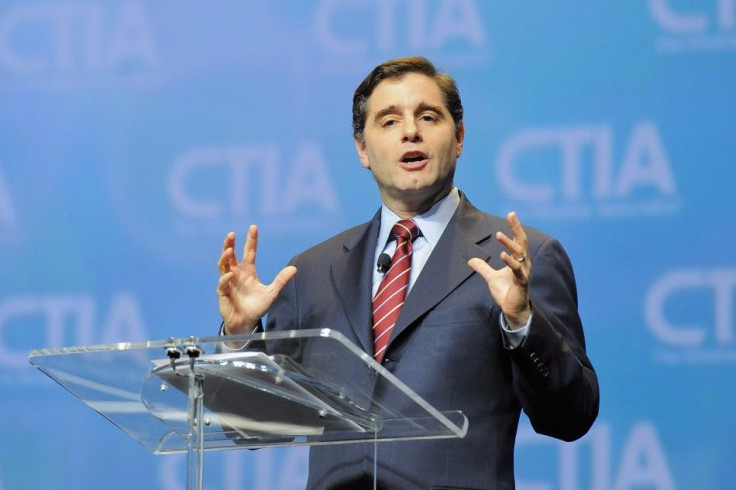House Republicans Vote Down Net Neutrality

House Republicans have voted to repeal the Federal Communication Commission's network neutrality regulations.
The rules, set forth by the FCC in December of last year, would regulate internet service providers and force them to treat all traffic on their networks equally, on a first come, first served basis.
The rules, which the FCC approved of by a vote of 3-2, said internet service providers could not block, charge extra for prioritizing traffic or discriminate in any way accordding to content. All five FCC commissioners agreed they were unsure whether the FCC had the power to enforce these regulations. Republicans in the House of Representatives do not feel the FCC has such authority and were vocal about making that clear via legislation.
The FCC power grab would allow it to regulate any interstate communication service on barely more than a whim and without any additional input from Congress, said Rep. Greg Walden, R-Ore., sponsor of the legislation. The Internet, he added, is open and innovative thanks to the government's hands-off approach.
The vote in the House of Representatives went along party lines. The legislation, which was co-sponsored by 58 Republicans, passed by a vote of 240 to 179. Two Republicans didn't back the measure, six Democrats did.
The legislation will now move to the Democrat controlled Senate, where it will likely not pass. Even if it somehow did, President Obama said he would veto any bill that threatened to dismiss the FCC's net neutrality ruling. Democrats say an unregulated internet puts too much power in the hands of service providers.
Phone and cable companies are gatekeepers to the information highway, said Rep. Henry Waxman, a California Democrat. Without regulation they could choke off innovation.
The idea of net neutrality has drawn the ire of many service providers. Verizon Communications even filed a lawsuit challenging net neutrality order.
Verizon has long been committed to preserving an open Internet and meeting the needs of our customers. We have worked extensively with all players in the Internet and communications space to shape policies that ensure an open Internet and encourage investment, innovation and collaboration with content providers and others to meet the needs of consumers, Michael E. Glover, Verizon senior vice president and deputy general counsel, said in a statement.
Historically, courts have ruled against the FCC's net neutrality proposals. A federal appeals court in 2010 said the FCC did not have the authority to regulate Comcast when the service provider slowed and ultimately ended BitTorrent transfers.
© Copyright IBTimes 2024. All rights reserved.





















